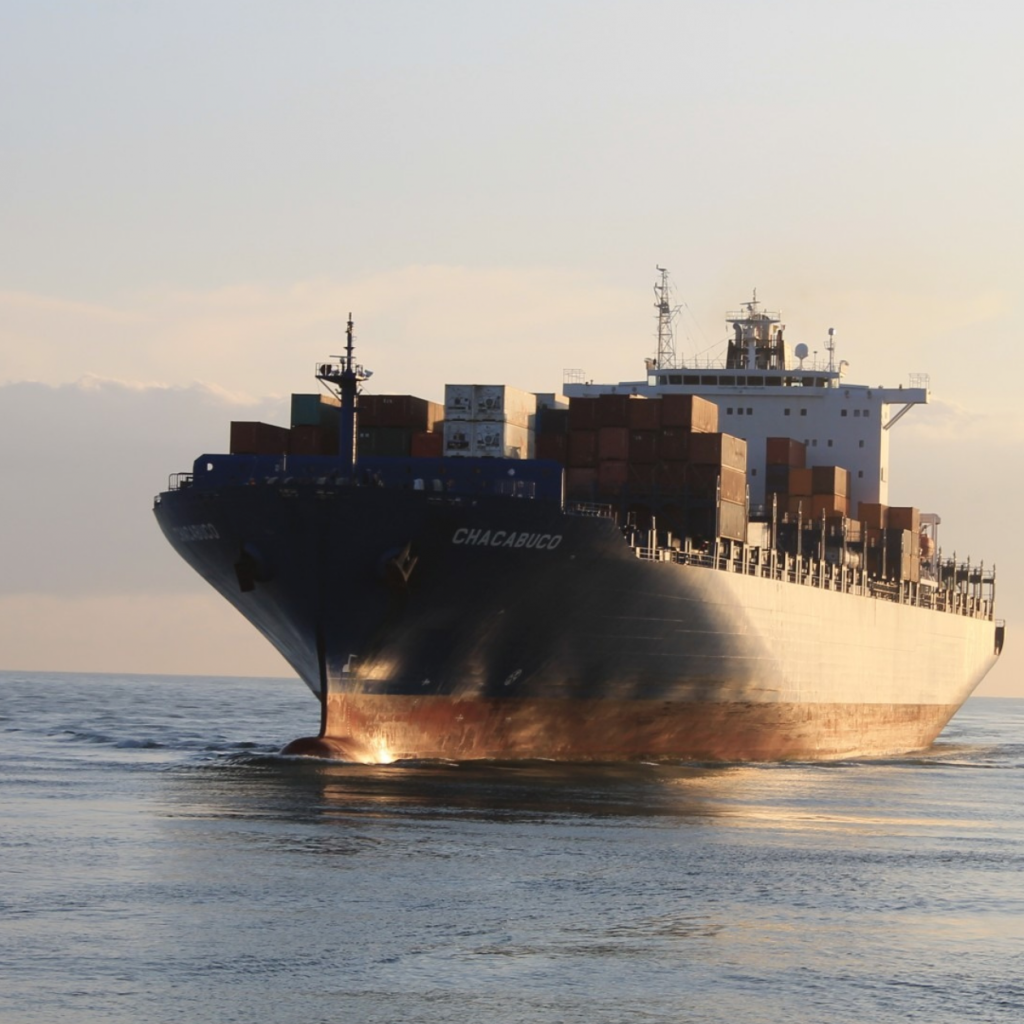The maritime industry is no stranger to geopolitical tensions, and recent events underscore the ever-present threat to global shipping. Today, a dark fleet tanker was struck and began taking on water following an attack by the Houthis in the Red Sea. This incident marks a troubling resurgence of aggression, one that could have far-reaching consequences for the global supply chain and maritime security.
As these types of threats escalate, there is an urgent need to rethink how the industry approaches risk management and operational safety. With the rise of data-driven technologies and artificial intelligence, the maritime sector now has the tools to better anticipate and mitigate these risks. But how exactly will these technologies shape the future of maritime security, and what role can AI and technology play?
The global impact of dark fleet activity
The term “dark fleet” refers to vessels that operate under the radar, often disabling their transponders or using evasive routes to avoid detection. These ships are typically engaged in activities such as circumventing international sanctions, illegal trade, or transporting goods under questionable circumstances. Operating in high-risk regions like the Red Sea increases the likelihood of vessels becoming targets for political or terrorist groups, as demonstrated by the recent Houthi attack.
For the global maritime community, these dark fleet activities raise critical security concerns. They not only pose a direct threat to the vessels involved but also to the stability of international shipping lanes, which are crucial for global trade. The Red Sea, for instance, is a key maritime corridor connecting Europe, Asia, and Africa, and disruptions in this region could have serious ramifications on global supply chains and oil markets.
AI and the future of maritime risk management
The complexities of modern shipping and global trade demand more than traditional security measures. As attacks on vessels rise, so does the need for real-time, data-driven insights to inform risk management strategies. This is where AI can make a significant impact.
AI-powered platforms can process vast amounts of data from multiple sources, such as satellite imagery, vessel tracking systems, and weather patterns. By analysing this data, AI can detect anomalies, such as ships turning off their transponders or taking unusual routes, which are often red flags for dark fleet activity. More importantly, AI can predict potential threats, allowing companies to take proactive measures before an incident occurs.
Key ways in which AI and technology can reshape the future of maritime security:
- Predictive Risk Analytics: AI systems can assess a vessel’s behavior in real-time and identify potential security threats based on historical data, movement patterns, and external factors such as geopolitical tensions.
- Enhanced Vessel Tracking: AI-powered satellite tracking can provide continuous monitoring of ships, even in regions where traditional tracking methods may fail, such as when transponders are deliberately turned off.
- Automated Risk Scoring: By using machine learning models, insurers and operators can develop more accurate risk profiles for vessels, considering factors such as the routes they take, the regions they operate in, and their operational history.
- Incident Response and Mitigation: AI-driven tools can help maritime operators and insurers respond to threats faster, recommending optimal actions based on real-time conditions and historical patterns.
How Concirrus is leading the charge in maritime risk management
Concirrus holds the largest data set of marine policy and claims data in the industry, providing unparalleled insights into vessel risk profiles and operations. By leveraging this vast database, Concirrus can track vessels using their IMO numbers, offering real-time insights into their behavior and history. This unique combination of policy, claims data, and vessel tracking allows Concirrus to deliver tailored risk management solutions, helping insurers and operators make smarter, data-driven decisions to mitigate risk and improve overall maritime safety.
Leveraging AI and machine learning, Concirrus helps insurers and shipping companies assess, understand, and mitigate the risks posed by dark fleet activities and other emerging threats.
1. Behavioural Data Insights
Concirrus’ AI platform analyses behavioral data from various maritime sources, tracking ship movements, operational patterns, and geopolitical factors. By understanding a vessel’s historical and current behavior, Concirrus enables shipping companies and insurers to predict which vessels are more likely to engage in risky activities.
This capability is particularly important in regions like the Red Sea, where geopolitical tensions are high. With the ability to predict threats, companies can make smarter decisions regarding routing, operational planning, and insurance coverage.
2. Real-Time Monitoring and Alerts
Concirrus provides real-time vessel tracking and alerts that can notify operators of high-risk behavior, such as turning off AIS systems or deviating from planned routes. This proactive approach helps to minimise the risk of surprise attacks or incidents by giving companies a window to respond and act.
3. Tailored Risk Management Solutions
In the context of dark fleet activities, traditional risk management models are no longer sufficient. Concirrus’ advanced AI tools offer tailored solutions that consider not just the static data about a vessel but also dynamic, behavioural factors that are more indicative of potential risks. These AI-powered insights help insurers price risk more accurately and shipping companies to develop more robust risk mitigation strategies.
Navigating an uncertain future with confidence
The resurgence of attacks like those carried out by the Houthis is a stark reminder of the unpredictable nature of global shipping risks. However, with the right technological tools and data-driven insights, the maritime industry can navigate these challenges more effectively. AI will play a critical role in reshaping how we think about maritime risk management, enabling more accurate predictions, smarter decisions, and faster responses to emerging threats.
In an industry as complex and high-stakes as maritime, staying one step ahead of potential threats isn’t just an advantage—it’s a necessity. With technology like Concirrus, that future is within reach.
